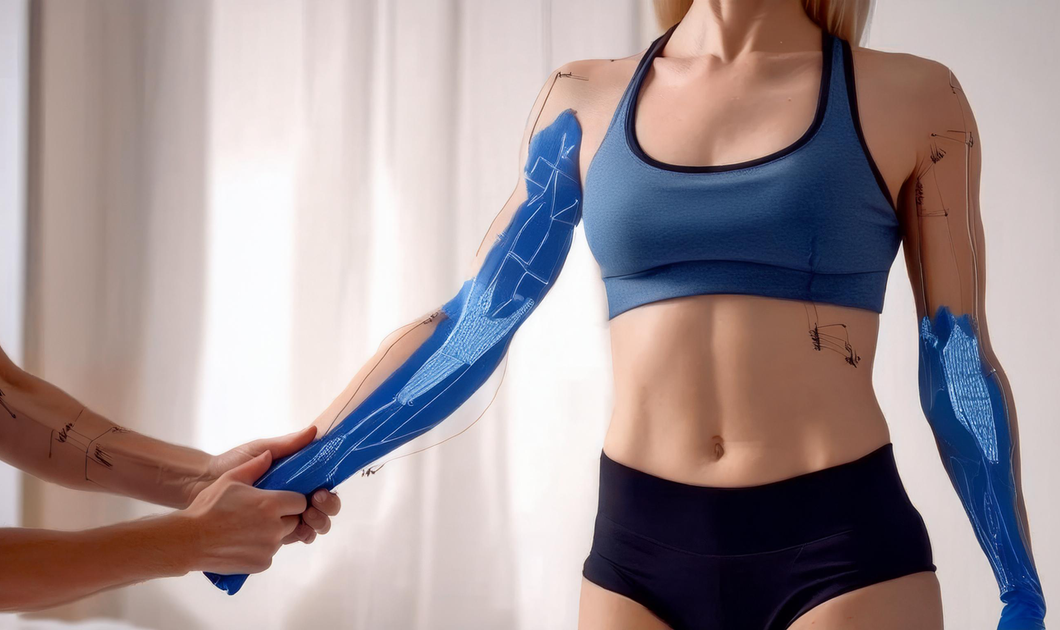- +91-856 184 0164
- connect@draakanshavashistha.com
- Jaipur (RAJ) INDIA
CONTACT US
- +91-856 184 0164
- Jaipur (RAJ) INDIA
- connect@draakanshavashistha.com

Aesthetic Surgery | Cosmetic Surgery | Plastic Surgery
PROCEDURE : SURGICAL
What is Liposuction?
Liposuction is a surgical procedure that removes excess fat from specific areas of the body using small cannulas . It is commonly used for body contouring and is not a substitute for weight loss.
Who is an ideal candidate for Liposuction?
Liposuction is a surgical procedure that removes excess fat from specific areas of the body using small cannulas . It is commonly used for body contouring and is not a substitute for weight loss.
Who is an ideal candidate for Liposuction?
- Individuals with stable body weight who have localized fat deposits that do not respond to diet and exercise.
- Those in good health without conditions like coronary artery disease or diabetes that could complicate surgery.
- Abdomen, hips, thighs, buttocks, arms, back, chest, chin, and neck.
- It can also be used to treat gynecomastia, a condition where men develop excess breast tissue.


Before

After
What are the different types of Liposuction techniques?
- Suction-Assisted Liposuction (SAL): The most common method where a vacuum is used to remove fat.
- Ultrasound-Assisted Liposuction (UAL): Uses ultrasonic energy to liquefy fat before removal.
- Laser-Assisted Liposuction (LAL): A laser is used to break down fat cells before suction.
- Power-Assisted Liposuction (PAL): Uses a vibrating cannula to ease fat removal.
- The surgeon makes small incisions in the targeted areas, inserts a thin tube (cannula), and uses suction to remove fat.
- The procedure may involve local, regional, or general anaesthesia, depending on the extent of fat removal.
- Pain, swelling, and bruising are common and can be managed with prescribed medications.
- Patients may need to wear compression garments for several weeks to reduce swelling and support healing.
- Most can return to work within a few days, but full recovery and resumption of normal activities may take several weeks.

What are the potential risks and complications of Liposuction?
Results are long-lasting if the patient maintains a stable weight. However, weight gain can affect fat distribution in untreated areas.
How does Liposuction differ from other weight-loss methods?
Liposuction is not a weight-loss procedure; it targets specific areas for fat reduction and body contouring, unlike diet, exercise, or bariatric surgery which focus on overall weight loss.
What are the benefits of Liposuction?
Initial swelling and bruising subside within a few weeks, with final results visible after several months as the body fully heals.
What should you discuss with your surgeon before undergoing Liposuction?
Liposuction is suitable for individuals with localized fat deposits but is not recommended for those with significant health issues, poor skin elasticity, or unrealistic expectations.
What are the long-term effects of Liposuction?
Fat cells removed during Liposuction do not regenerate, but weight gain can cause the remaining fat cells to expand, potentially altering the results.
Can Liposuction be combined with other procedures?
Yes, Liposuction can be combined with other cosmetic procedures like tummy tucks or breast reductions to achieve more comprehensive results.
When should you contact your surgeon after Liposuction?
If you experience severe pain, excessive swelling, signs of infection, or any unusual symptoms during recovery, contact your surgeon immediately.
What lifestyle changes should you make to maintain Liposuction results?
Adopt a healthy diet, engage in regular exercise, and avoid significant weight fluctuations to maintain the results of your Liposuction procedure.
- Contour irregularities, fluid buildup, numbness, infection, and in rare cases, fat embolism.
- The risk of complications increases with larger volumes of fat removal or multiple procedures performed at once.
Results are long-lasting if the patient maintains a stable weight. However, weight gain can affect fat distribution in untreated areas.
How does Liposuction differ from other weight-loss methods?
Liposuction is not a weight-loss procedure; it targets specific areas for fat reduction and body contouring, unlike diet, exercise, or bariatric surgery which focus on overall weight loss.
What are the benefits of Liposuction?
- Improved body contour and enhanced self-confidence
- Permanent reduction of fat cells in targeted areas
- Minimal scarring and a relatively quick recovery time
- Patients may need to stop taking certain medications like blood thinners and herbal supplements.
- Lab tests will be required to assess overall fitness of the patient.
Initial swelling and bruising subside within a few weeks, with final results visible after several months as the body fully heals.
What should you discuss with your surgeon before undergoing Liposuction?
- Your medical history, treatment goals, the areas you want to target, and the specific Liposuction technique to be used.
- The potential risks, benefits, and what to expect during recovery.
Liposuction is suitable for individuals with localized fat deposits but is not recommended for those with significant health issues, poor skin elasticity, or unrealistic expectations.
What are the long-term effects of Liposuction?
Fat cells removed during Liposuction do not regenerate, but weight gain can cause the remaining fat cells to expand, potentially altering the results.
Can Liposuction be combined with other procedures?
Yes, Liposuction can be combined with other cosmetic procedures like tummy tucks or breast reductions to achieve more comprehensive results.
When should you contact your surgeon after Liposuction?
If you experience severe pain, excessive swelling, signs of infection, or any unusual symptoms during recovery, contact your surgeon immediately.
What lifestyle changes should you make to maintain Liposuction results?
Adopt a healthy diet, engage in regular exercise, and avoid significant weight fluctuations to maintain the results of your Liposuction procedure.
#Liposuction #BodyContouring #FatRemoval #BodySculpting #Lipo #CosmeticSurgery #LiposuctionSurgery #BodyTransformation #LipoResults #FatReduction #LiposuctionRecovery #BodyShape #SuctionAssistedLiposuction #UltrasoundLiposuction #LaserLiposuction #PowerAssistedLiposuction #LipoTechniques #PlasticSurgery #AestheticSurgery #LiposuctionRisks #LipoPreparation #PostLipoCare #LipoBenefits #LipoCandidates #LipoProcedure #BodyConfidence #LiposuctionAreas #SkinTightening #CosmeticEnhancement #LiposuctionRecoveryTips #LipoSafety #LipoConsultation #LipoResultsLast #LiposuctionComplications #LipoSuccess #LipoTransformation #LiposuctionJourney

